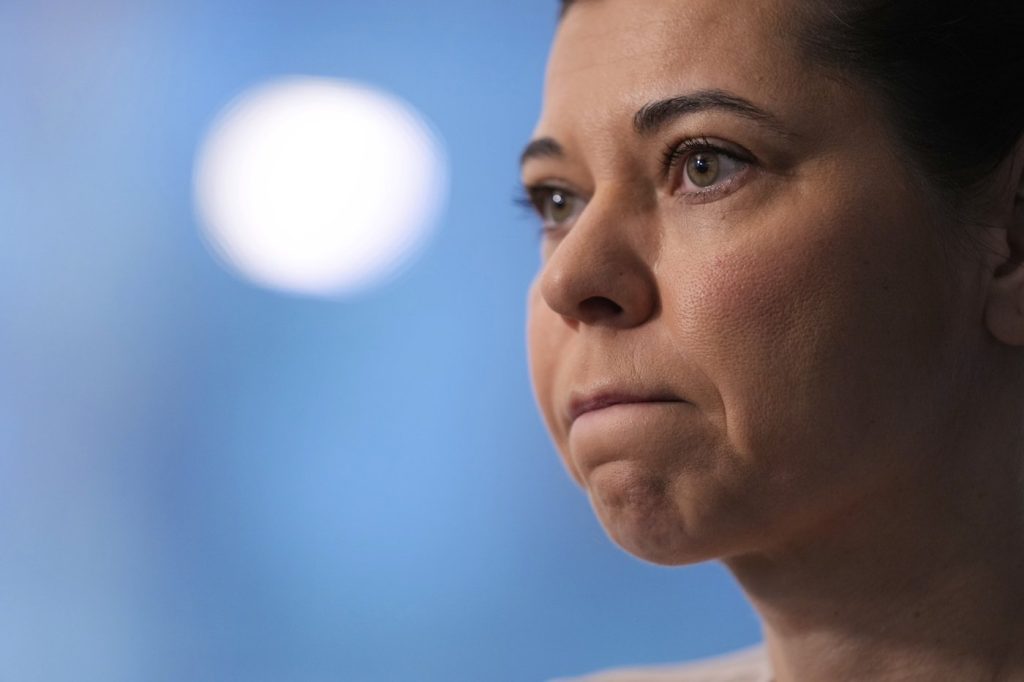NEW YORK (AP) – President Donald Trump’s recent decision to withdraw $400 million in federal funding from Columbia University has sent shockwaves through the institution, particularly affecting researchers who are engaged in critical studies, such as cancer research and the impacts of COVID-19 on children. This funding cut was largely a response to Columbia's handling of student protests concerning Israel’s actions in Gaza, reflecting a contentious intersection of academic freedom and political pressure.
In light of the funding withdrawal, the university chose to comply with the Trump administration's unprecedented demands for changes in its policies, hoping to salvage ongoing research projects. Columbia announced that it would modify its disciplinary procedures for students, prohibit demonstrations within academic buildings, introduce a revised definition of antisemitism, and place oversight of its Middle Eastern studies program under a vice provost with curriculum and hiring authority. This compliance has drawn ire from faculty members who believe these changes compromise academic freedom.
The American Association of University Professors and the American Federation of Teachers filed a lawsuit against the funding revocation, arguing that it violates free speech laws. Researchers at Columbia are particularly dismayed that their work has been entangled in this political dispute. Dr. Dani Dumitriu, a pediatric researcher, highlighted that there is no rationale for linking research funding to the administration's efforts to address antisemitism. Other faculty members, like Dr. Andrew Lassman, noted that researchers now face tough choices about which cancer treatments to prioritize due to the financial constraints imposed by the funding cuts.
U.S. Education Secretary Linda McMahon indicated that Columbia was “on the right track” with its policy changes but has not yet confirmed the restoration of funding. Columbia's interim president, Katrina Armstrong, described the adjustments as essential for maintaining the university's academic mission and ensuring student safety, reaffirming a commitment to repairing the relationship with the federal government.
Within Columbia, the repercussions of the funding cuts are being keenly felt. Benjamin Bostick, an environmental scientist, lamented that the university's compliance distracts from the critical research being hindered by external pressures. A notable example includes a program at Columbia’s Teachers College that trains educators for the deaf and hard of hearing, which suffered from the funding loss. Co-director Elaine Smolen emphasized the urgent need for these services, noting that delays can significantly harm children's outcomes.
Dr. Dumitriu's team has halted brain scans for a study tracking the long-term health of children whose mothers contracted COVID-19 during pregnancy due to these funding cuts. Participant Casandra Almonte expressed her frustration, arguing that it is unjust to deprive scientific research funding because of free speech practices. Currently, Dumitriu's office is navigating the funding crisis, seeking to appeal the decision while looking for alternative grants to sustain their research efforts.
Dumitriu described the current situation as “living moment to moment” and mentioned that it is increasingly challenging to pursue research that benefits public health amid political strife. The dialogue around academic freedom, research funding, and the implications of political actions on educational institutions is becoming ever more critical, as the fallout from these decisions affects not only the university but also the research communities and the individuals they serve.










